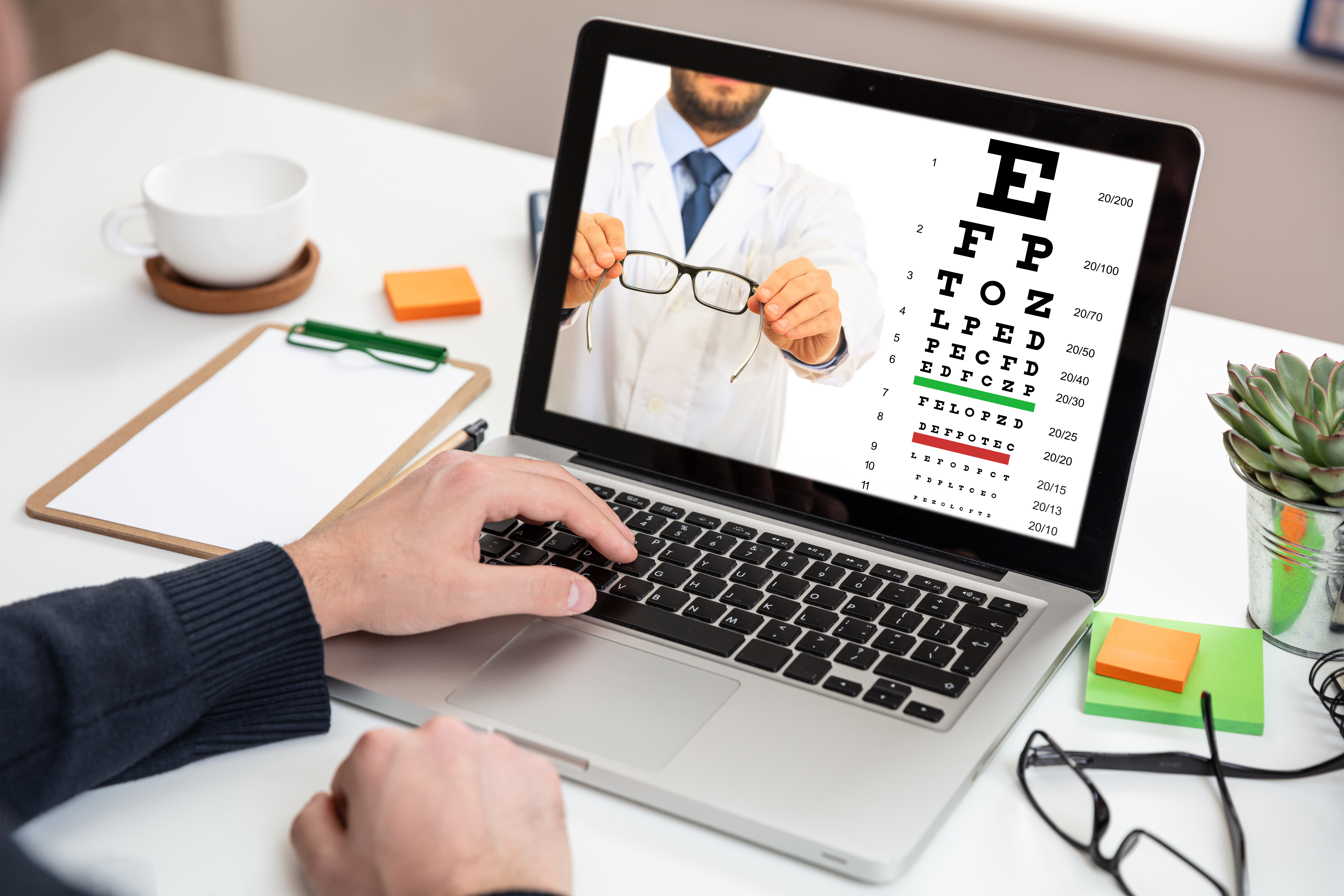Hi Florian,
you are the founder and CEO of Precise Vision Eye Clinics. In addition to an extensive diagnostic and surgical offering for your patients, you now also offer a variety of digital information sources, for example on your website. What prompted you to do this?
There were several key factors why we choose to extend our digital information sources.
- Older patients often want to inform their family and friends. It is much easier for them to recommend or forward a digital source compared to print.
- Information can be adapted much quicker to our services that change but also for the patients to understand it.
- We want to become more sustainable. Reduce print costs and paper, that is why the digital approach is so important. We wont rescue the world but we try to do our part.
- Visually disabled patients often do hard reading. Large print size is impractical. That is why we also offer podcasts or easy to understand graphics.
How is the offer received by patients? Is it being used?
The beginning was not easy. Patients are used to hold something in their hand. Surprisingly most of our patients also the older ones use digital media like smartphone, tablets or computer frequently. We explained to them that they can also use our sources on them and continuously try to optimize our digital media. Now we have around 22% percent pure online bookings and 70% for new patients. Our cataract counseling used to be with expensive high gloss print brochures, no we work by app. Informed consent and all other forms are switched to digital, and only 20% are printed and the rest is sent by email. I believe those numbers talk for themselves.
Why is it important nowadays for an eye clinic to provide its patients with digital information about diagnostics, operations and the course of the on-site visit?
Time is moving fast, and we should never underestimate out patients. Many procedures, surgeries, optical principles, diseases and their cause can be better explained by videos. Patients often want to hear information several times. That is much easier, more effective by digital media. Easy to find, easy to access and easy to re-access.
Also procedures change. We change our used lenses continuously. Depending on our patients needs. We implement new procedures regularly. Digitalization is the best way to keep up with it.
Do online offerings replace the doctor-patient conversation or do you think that should be more complementary?
They are complimentary. The personal contact is still important. But the time needed can be reduced. Resources can be better planed. And patients feel better taken care off.
What do you think about the increasing amount of unprofessional information about medical topics on the Internet?
Luckily, most patients are aware of false media. They hear that every day and they are aware they also have it in press like the newspapers. Sure information can be spread much easier. But it is on us to provide the right information and compensate for it.
Do we need some kind of fake news filter or identifier for our patients for information that comes from the Internet?
I ask you a different question, who defines the filter and makes sure it is adequate and adapted? I give you a simple example. The German societies don’t support immediate sequential bilateral cataract surgery. They don’t want it. Funnily in complicated cases, like disabled patients, comorbidities they seem to think it is ok. If you look outside of Germany like the US, it is accepted. It is reimbursed. And studies show that patients benefit from it. Just in complicated cases, the ones we can sometimes do it, they don’t recommend it because of the risks. So which filter shall we use? The German view or the international opinion supported by research and data.
I think if we do a great job, and if we can inform our patients right there wont be fake news. If we don’t work right, don’t inform right we will have unhappy patients and they will report their bad experience. So only we as ophthalmologists can solve it.
Thank you very much Florian!
Further Information:




